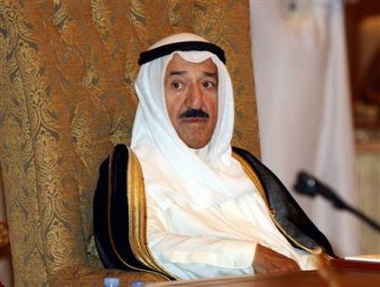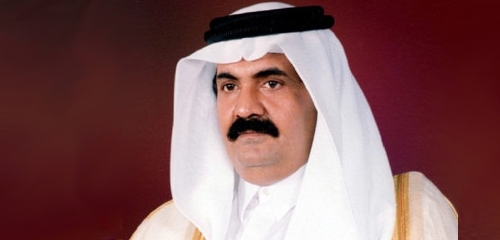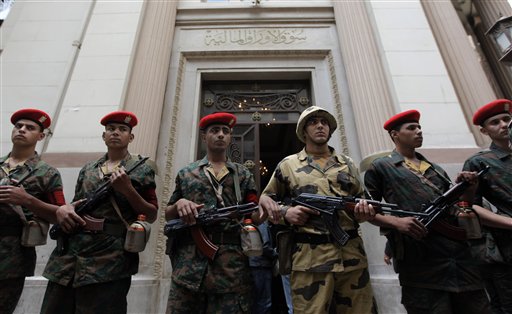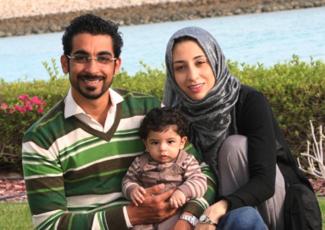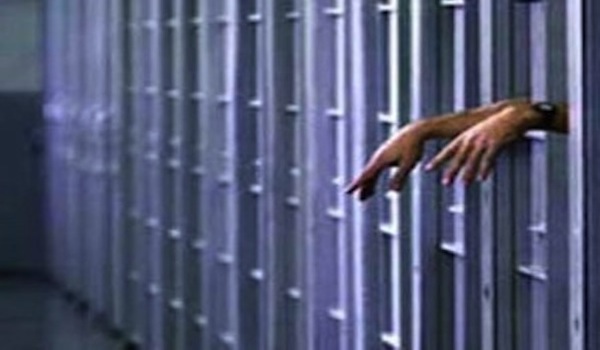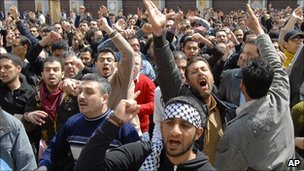Iran Analysis: Participate or Boycott? Reformists Debate the 2013 Presidential Election (Kadivar)
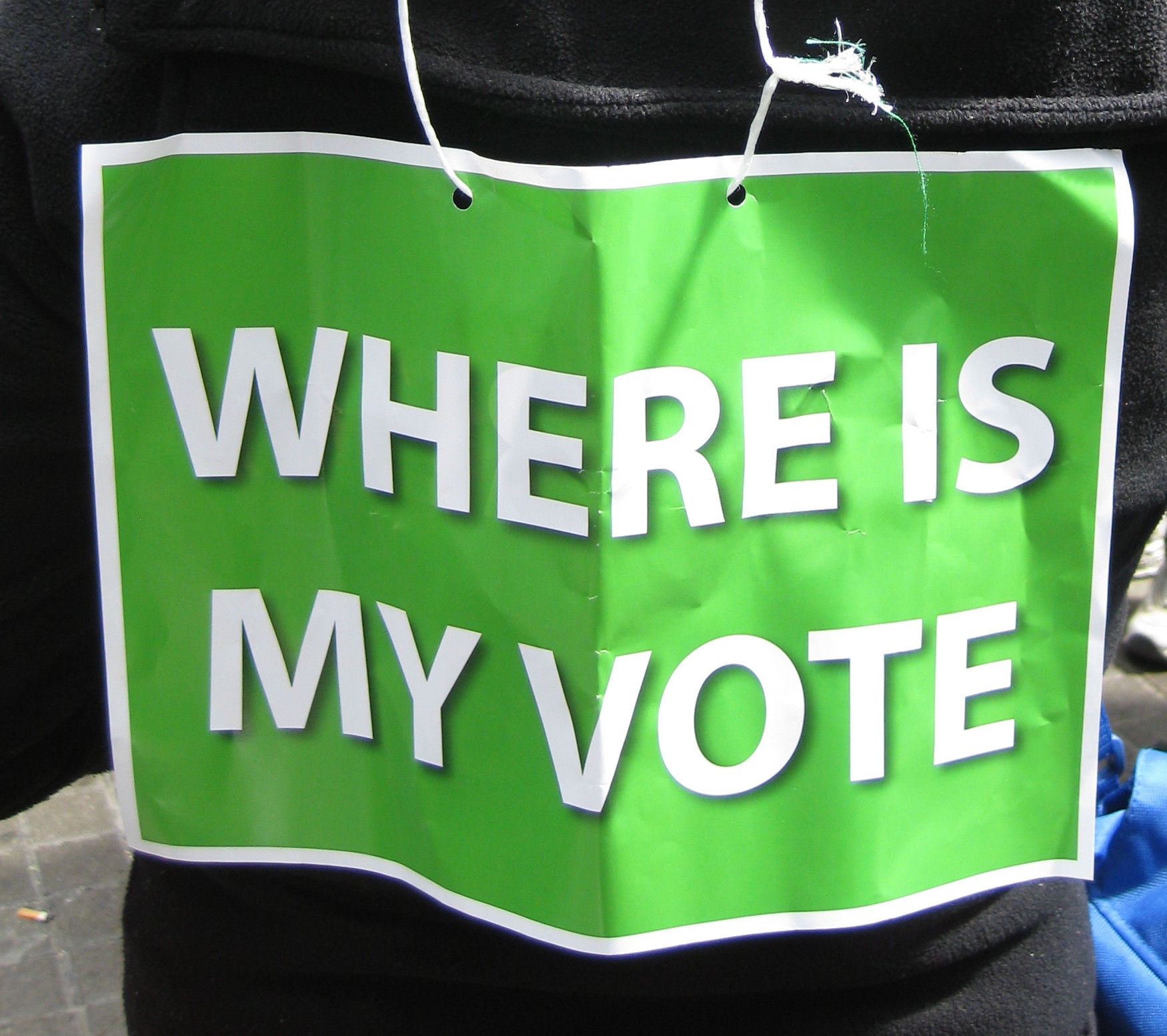 The upcoming 2013 presidential election in Iran seems to be activating and deepening the fissures within the Iranian opposition. While parts of the opposition have started deliberating and discussing about participation in the election, other sections oppose participating on principle. A prominent reformist strategist, for example, suggested that election is “an opportunity for organizing and action.” Meanwhile, another famous activist journalist wrote that the only possible election in 2013 is one with the participation of regime “insiders” and no chance for pro-democracy forces to participate. These debates about the opportunities and constraints of the 2013 election reflect a deeper divide in the Iranian opposition about the most effective strategies to transform the polity and build a democratic regime in the future.
The upcoming 2013 presidential election in Iran seems to be activating and deepening the fissures within the Iranian opposition. While parts of the opposition have started deliberating and discussing about participation in the election, other sections oppose participating on principle. A prominent reformist strategist, for example, suggested that election is “an opportunity for organizing and action.” Meanwhile, another famous activist journalist wrote that the only possible election in 2013 is one with the participation of regime “insiders” and no chance for pro-democracy forces to participate. These debates about the opportunities and constraints of the 2013 election reflect a deeper divide in the Iranian opposition about the most effective strategies to transform the polity and build a democratic regime in the future.

 Thursday, September 6, 2012 at 8:20
Thursday, September 6, 2012 at 8:20